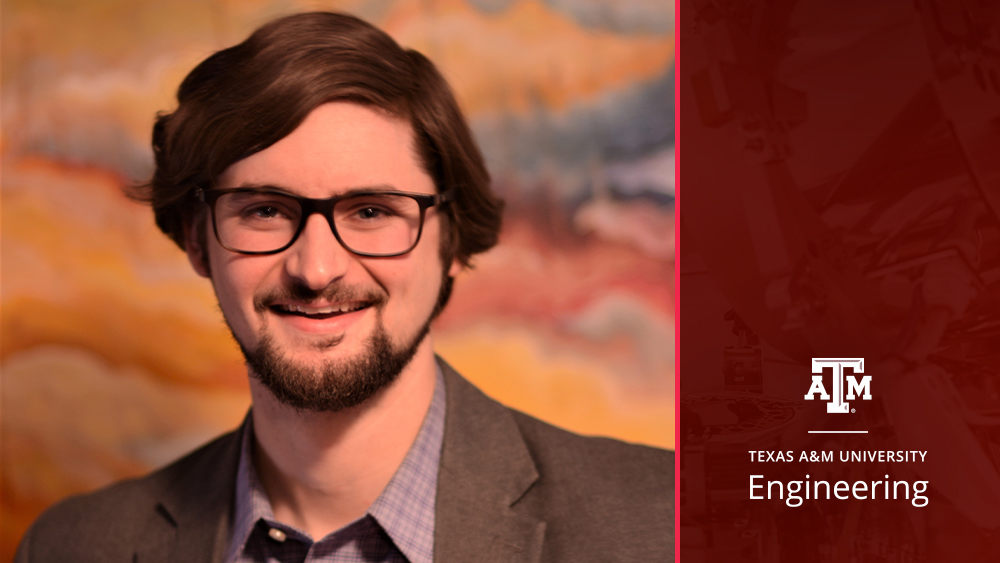
Hospitals are fueled by the power of technology — from defibrillators to electrocardiogram machines, these engineering masterpieces are essential to health care. Many professionals in the field develop brilliant ideas to help patients with various medical issues, but the ideas are challenging to transfer from conceptualization to production. Engineers are necessary to close this gap.
Dr. Andrew Robbins, research assistant professor in the Department of Multidisciplinary Engineering at Texas A&M University and director of admissions for Engineering Medicine (EnMed), is working to fill this need by teaching students about the overlap between technology and health care.
"EnMed offers a program that fills a unique place in medical education. While all medical schools train physicians to be great doctors, some doctors want to create technologies to fix problems in health care," said Robbins. "Medical schools do not typically train physicians in this area, EnMed provides a comprehensive and hands-on education program designed to prepare students to be medical innovators."
A first-of-its-kind initiative that strives to create "physicianeers," students learn how to diagnose patients while simultaneously studying how to develop influential medical technologies. Rooted in its collaboration with Houston Methodist hospital, it prioritizes research and experimentation.
"EnMed is an excellent opportunity for anyone interested in translating research into products that make a difference in the clinic," said Robbins. "Just as I love working with startup companies developing their technology, I love working with students in EnMed that want to solve the biggest problems in health care.”
Robbins' focus area is biomechanics, primarily working on orthopedics and orthopedic devices, medical device design and translation. A large part of his role is testing medical products to ensure they are safe and function properly.
"I perform mechanical analysis of medical technologies, including devices and tissue-engineered scaffolds to ensure that they meet the mechanical requirements of whatever application the technology is for," Robbins said. "Additionally, I work with startup companies developing novel medical technologies and assist them in getting federal funding for their work."
Robbins aspires to be a leader in this growing field. He hopes to share his knowledge with students seeking an understanding of the symbiotic relationship between engineering and medicine.
"I love being part of EnMed because I truly believe that we have an opportunity to impact the world in a unique way," said Robbins. "One physician can touch thousands of patients during their career, but one "physicianeer" can create technologies that improve millions of lives."
Robbins is also a research assistant professor for the J. Mike Walker '66 Department of Mechanical Engineering, an adjunct assistant professor of biomedical engineering and cardiovascular sciences at Houston Methodist Research Institute and the deputy director of Biomechanical Environments Laboratories.